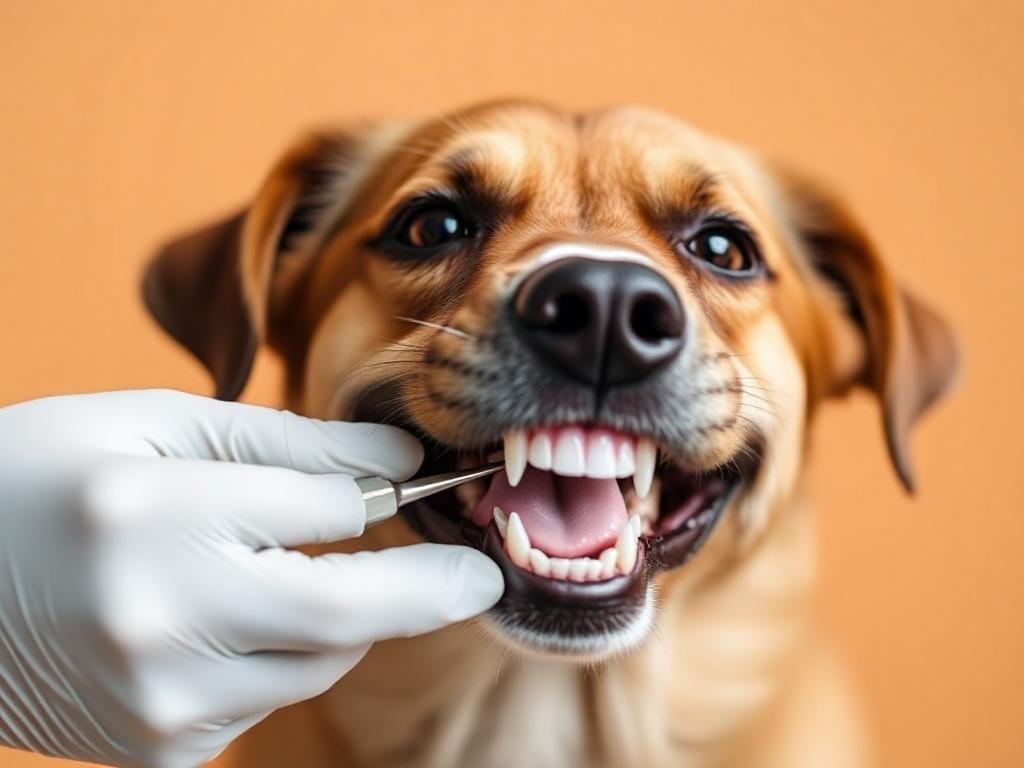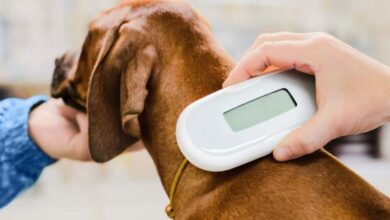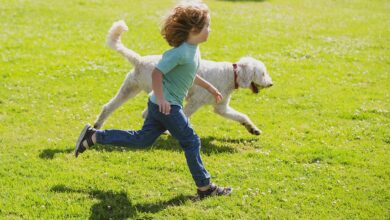Things Dogs Dislike
Things Dogs Dislike
Dogs, known for their loyalty and affectionate nature, are often referred to as man’s best friend. However, like all animals, dogs have their unique preferences and sensitivities. When they dislike something or feel uncomfortable, they express it through certain behaviors. In this article, we will focus on the things dogs generally dislike and how to handle these situations appropriately.

Loud Noises
Most dogs are sensitive to loud noises and often feel distressed by them. Sounds like explosions, fireworks, thunderstorms, or loud music can cause stress and anxiety in dogs. It’s essential to ensure your dog has a quiet and comfortable space to retreat to when they are in a noisy environment.
Strangers
While dogs are social animals, some may feel nervous or scared around strangers. When your dog encounters new people, it’s important to closely observe their body language. If they show signs of fear, anxiety, or aggression, you should comfort your dog and help them feel safe.

Physical Closeness
Some dogs don’t enjoy unexpected or intense physical contact. Petting their heads, tight hugs, or sudden touches can cause discomfort or fear. If your dog shows signs of unease, approach them calmly and gently while respecting their boundaries.
Moving and New Environments
Dogs can find it challenging to adapt to new environments or moving to a different home. These changes can be stressful and make your dog uncomfortable. When moving to a new house or traveling, give your dog time and patience to adjust, ensuring they feel secure.

Unpleasant Smells
Certain smells, especially strong or chemical ones, can bother dogs. The scent of cleaning products, perfumes, or other chemicals might irritate them. It’s important to keep your dog away from strong odors and avoid excessive use of perfumes around them.
Being Forced
Dogs dislike being forced into activities or strict routines. For example, pushing them or compelling them to participate in unwanted activities can make them stressed and unhappy. It’s crucial to understand your dog’s limits and avoid forcing them into something they don’t want to do.
Wrong Social Interactions
Dogs can sometimes be uncomfortable with inappropriate social interactions, whether with other dogs or humans. Be cautious when introducing your dog to new animals or people, especially if there are signs of aggressive or unsettling behavior. Ensuring your dog’s safety and comfort should always be a priority.
Toxic Plants for Dogs
In addition to these behavioral dislikes, certain plants can also pose a risk to dogs. Here are some common plants that dogs often dislike or that may be harmful to them:
- Lilies: Highly toxic to dogs and can lead to kidney failure.
- Aztec Lily: Can cause vomiting, diarrhea, and digestive issues when ingested by dogs.
- Bittersweet Nightshade (Solanum dulcamara): Causes gastrointestinal upset, breathing difficulties, and neurological effects in dogs.
- Sago Palm (Cycas revoluta): Contains toxins that can lead to liver damage and, in severe cases, death if consumed.
- Aloe Vera: Mildly toxic to dogs, causing vomiting, diarrhea, and gastrointestinal distress if ingested.
- Peach Pits: Contain cyanide, which is harmful to dogs, so it’s crucial to keep these and other fruit pits out of reach.
- Castor Bean Plant (Ricinus communis): Extremely toxic to dogs, causing serious digestive issues, respiratory problems, and neurological symptoms.
If you’re unsure about a specific plant’s safety for your dog, it’s always wise to consult a veterinarian or a plant specialist. Choosing dog-safe plants and keeping harmful ones out of their reach is essential for your dog’s health and well-being.
Every dog is unique, and what one dislikes may differ from another. Understanding your dog’s body language and preferences can help you provide them with a safe and comfortable environment. If your dog seems distressed or shows signs of discomfort, it’s important to give them time and space to relax. Always approach interactions with patience, care, and respect for their boundaries.
If you ever have concerns about your dog’s reactions or dislikes, seeking advice from a veterinarian or dog trainer is a good idea. Recognizing that dogs have preferences and limits is key to building a healthy and loving relationship with them.




